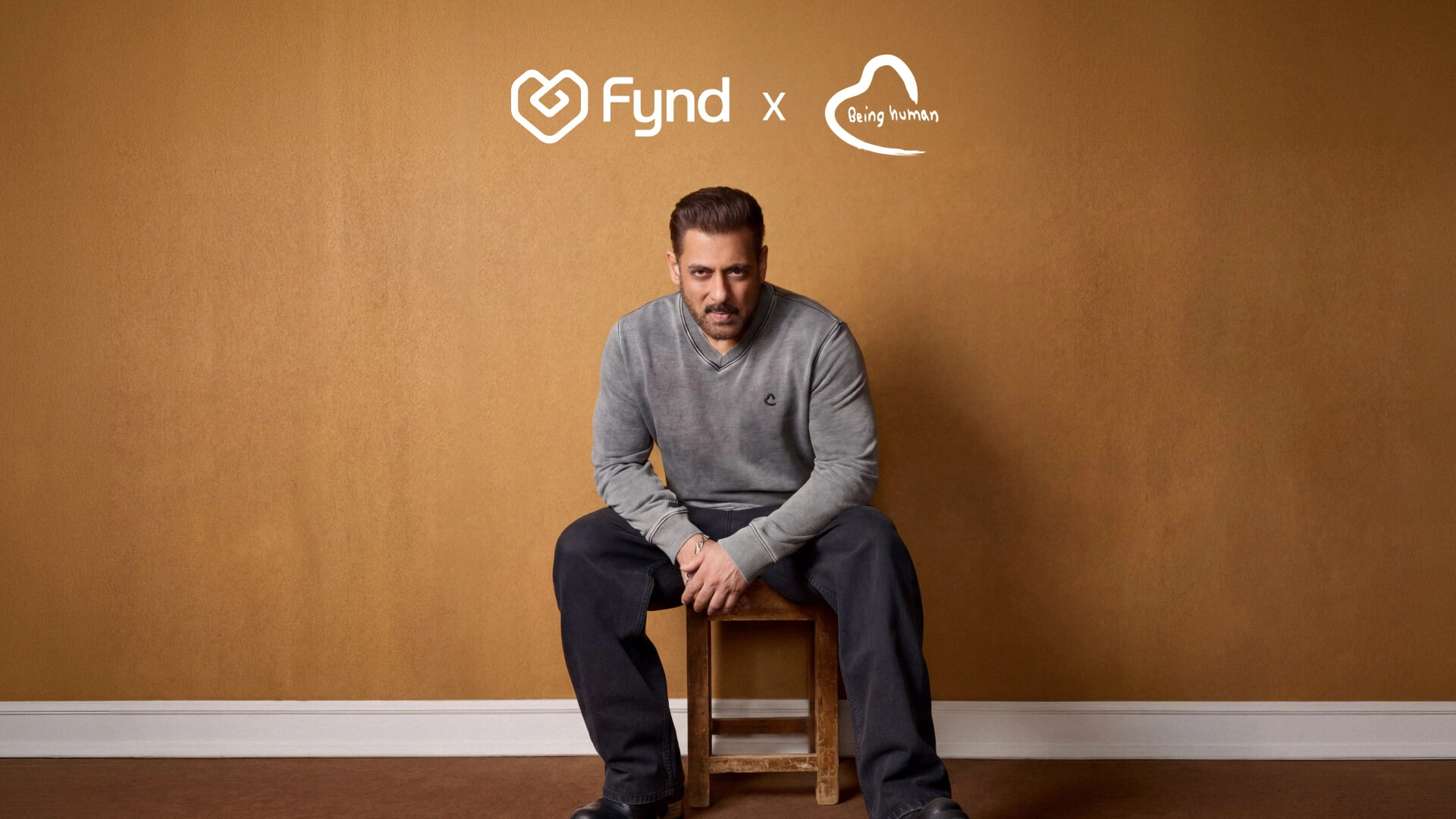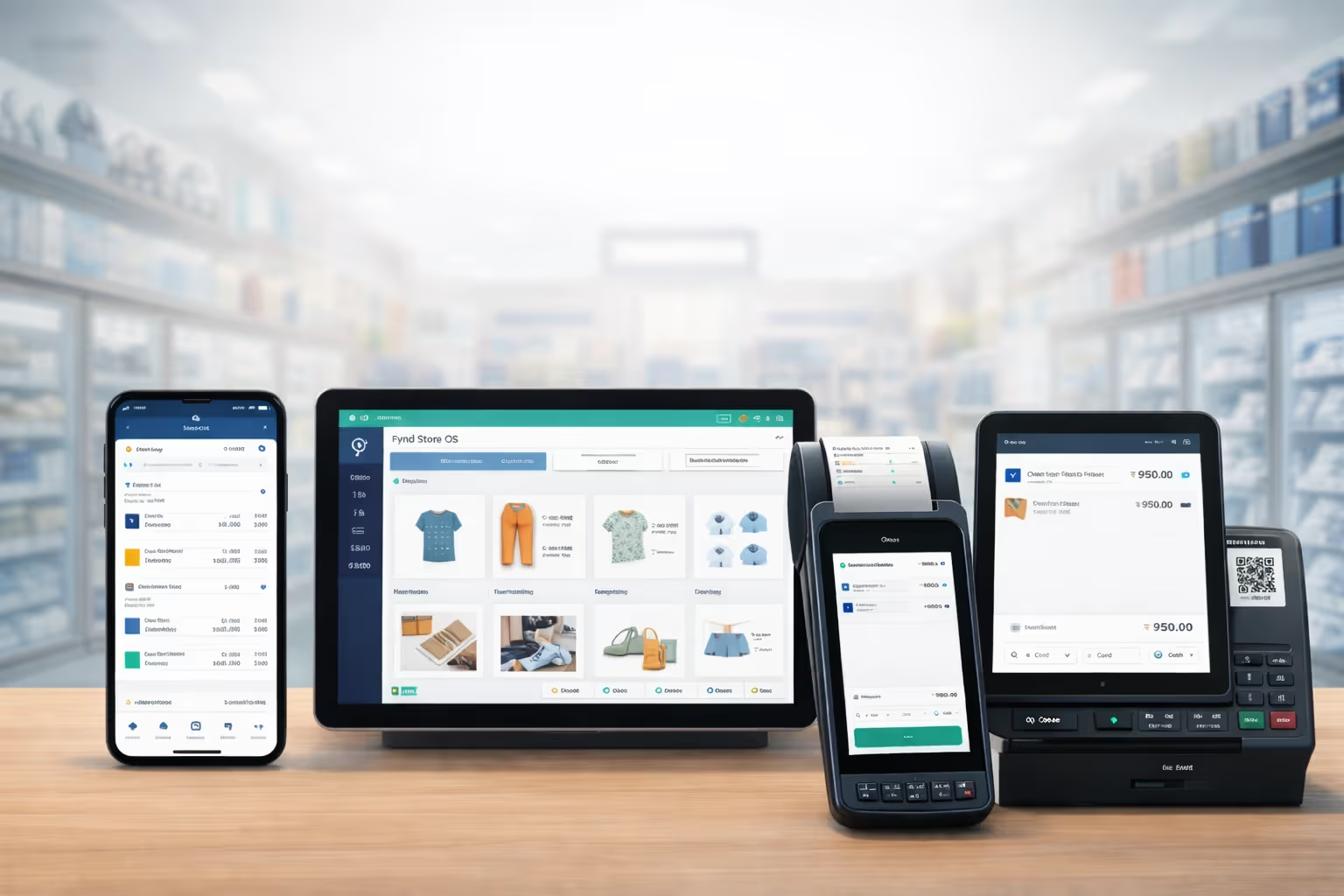The omnichannel maturity of brands in India: Expectations vs. reality
.avif)
The recently published India Phygital Report 2024 highlights a significant gap between the expectations of CXOs and the ground reality of where brands stand on their omnichannel maturity index. Despite high aspirations, the actual implementation of omnichannel strategies appears to fall short.
Methodology and parameters
To assess the omnichannel maturity of brands in India, the India Phygital Index used both online and offline surveys. The online survey targeted CXOs, with scores across four buckets: omnichannel strategy, process robustness, tech adoption, and customer engagement, with equal weightageThe offline survey aimed to capture the ground reality by evaluating the actual performance across three buckets process robustness, tech adoption and customer engagement, with equal weightage. It comprised mystery audits in 500 stores across 200 brands.
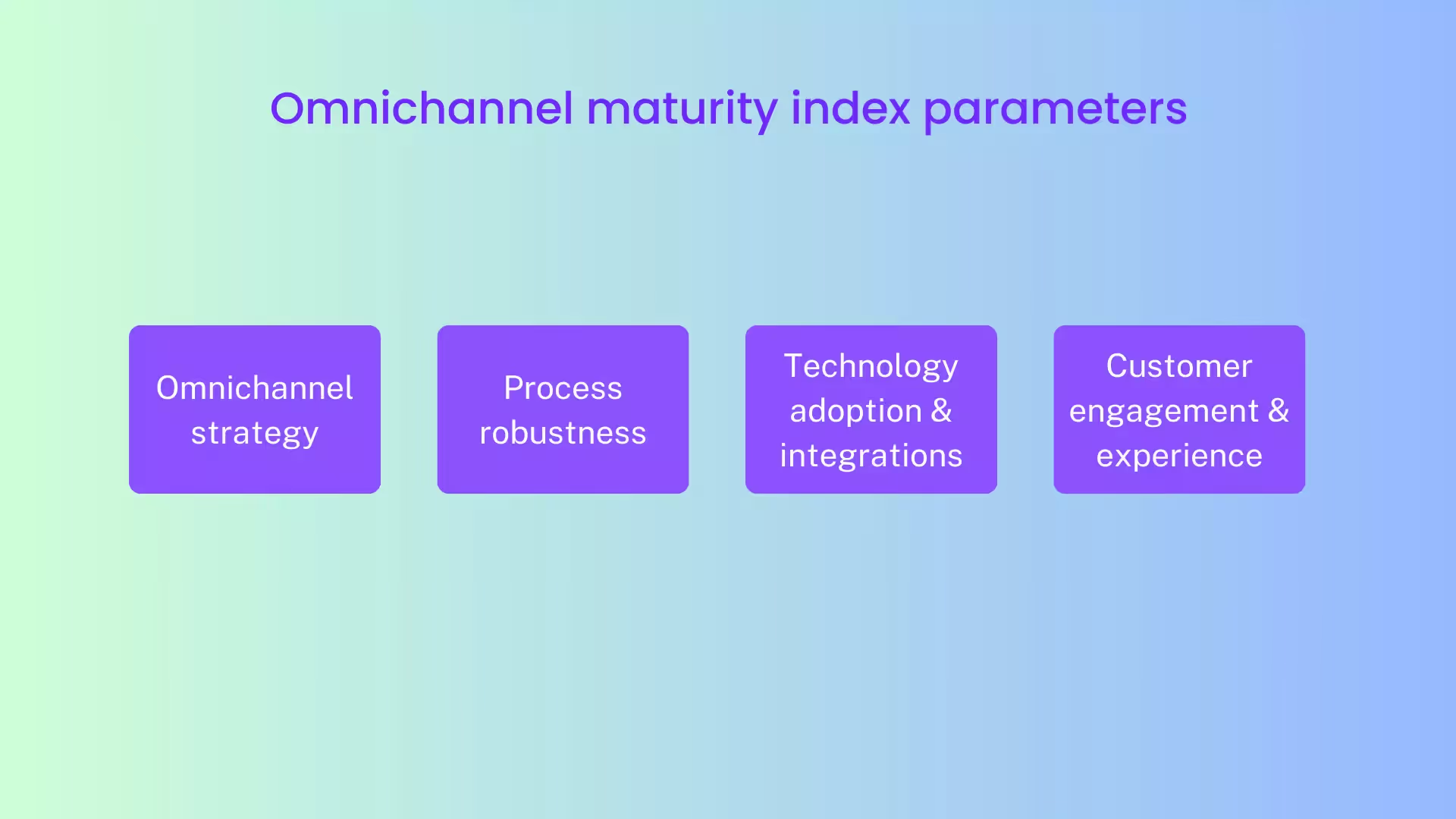
What the CXOs believe: Key outcomes from the online survey
High expectations from leadership
The CXO survey revealed optimistic views on the omnichannel readiness of their brands with a median score of 52.
Key insights include:
- Omnichannel strategy: The average score is 11/25 indicating an intermediate level of maturity in omnichannel strategy for most brands. No brand qualified for exemplary omnichannel strategy. The survey reveals a significant shift towards omnichannel strategy as 1/3rd of the offline first brands derive over 40% of their revenue via online channels.
- Process robustness: The top performer scored 20/25 in process robustness. With a median score of 14.5, most brands still have considerable headroom for improvement, like on-time order delivery.
- Tech adoption: Leading brands have scored 18/25 and the mid-score for tech adoption is 10.2/25. Maximum investment in tech stacks such as CRM systems, and sales and commerce platforms. Brands reported a positive impact of tech adoption on process robustness.
- Sales & commerce platforms: 96% usage
- Customer relationship management (CRM): 85% usage
- Supply chain management: 73% usage
- Customer engagement: Top performers scored 25/25 and the median score is highest at 15.25. There was a strong belief that their brands provided excellent customer experiences through integrated loyalty programs and personalized customer interactions.
For instance, over 86% of brands claimed to have integrated loyalty programs, which they believed significantly boosted customer engagement.
The ground reality: Disparities revealed by the offline survey
The actual omnichannel maturity scores were significantly lower, with a median score of just 28.5 as against 52, revealing several gaps in implementation.
1. Overall industry performance
The offline survey revealed that the average omnichannel maturity score across all surveyed brands was a 28.5 out of 100, with individual bucket scores as follows:
- Process robustness: Median score of 13.2
- Tech adoption: Median score of 5.6
- Customer engagement: Median score of 9.3
These scores indicate that brands are struggling to implement robust processes, adopt necessary technologies, and engage customers effectively.
2. Category-level insights
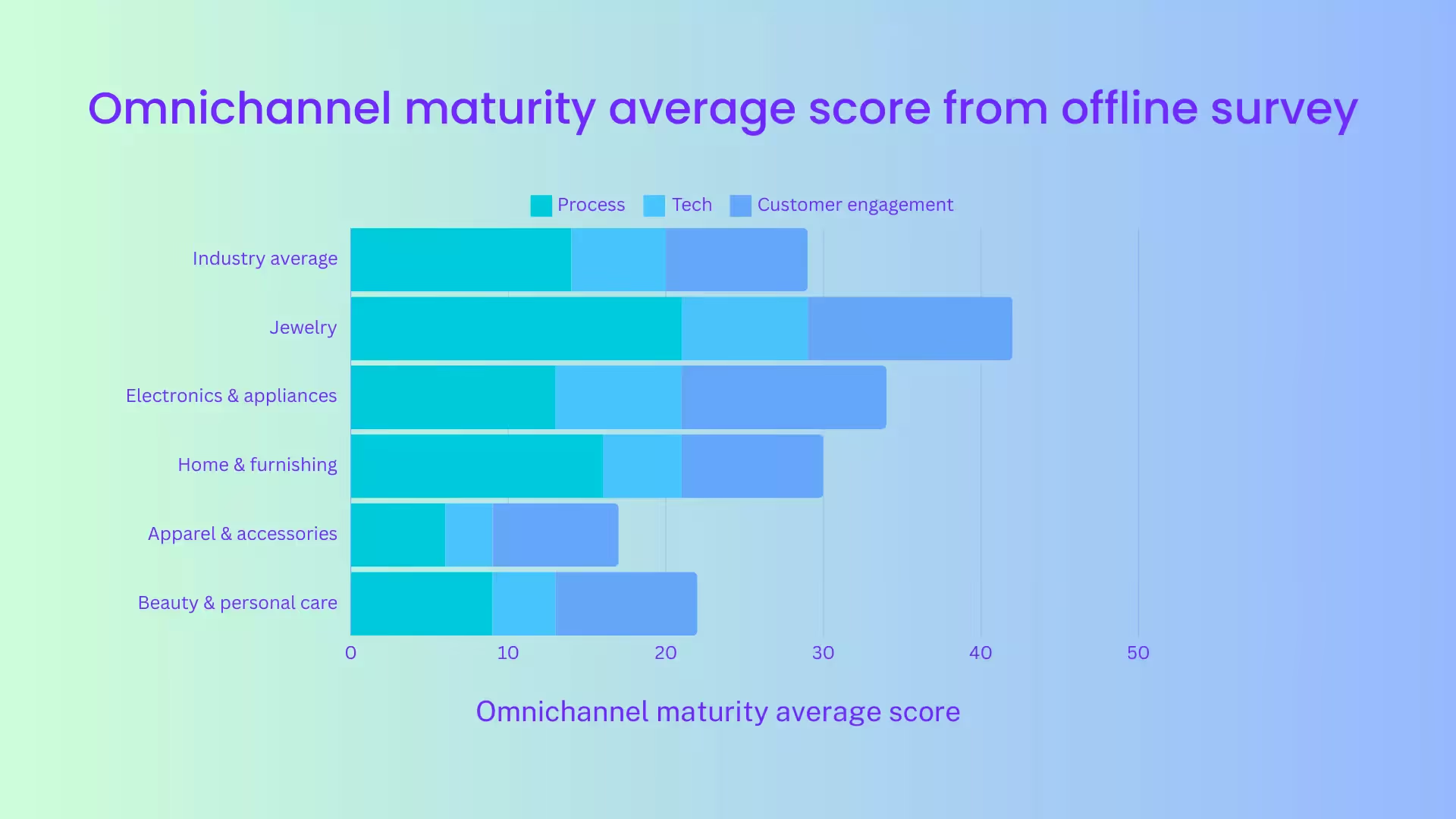
- Jewellery: Scored highest with an average omnichannel maturity score of 42, attributed into robust processes like home deliveries and flexible return options.
- Beauty and Personal Care (BPC): Scored lowest with an average score of 22, due to poor tech adoption and inflexible in-store processes.
This variation underscores the uneven development of omnichannel capabilities across sectors, with some excelling while others lag significantly behind.
3. Expectations vs. reality
A direct comparison of scores for common brands between the online and offline surveys highlights the gap between expectations and reality. The average score for these brands in the CXO survey was 54, whereas the offline survey showed a much lower average of 26. This indicates a significant overestimation by CXOs regarding their brands' omnichannel capabilities.
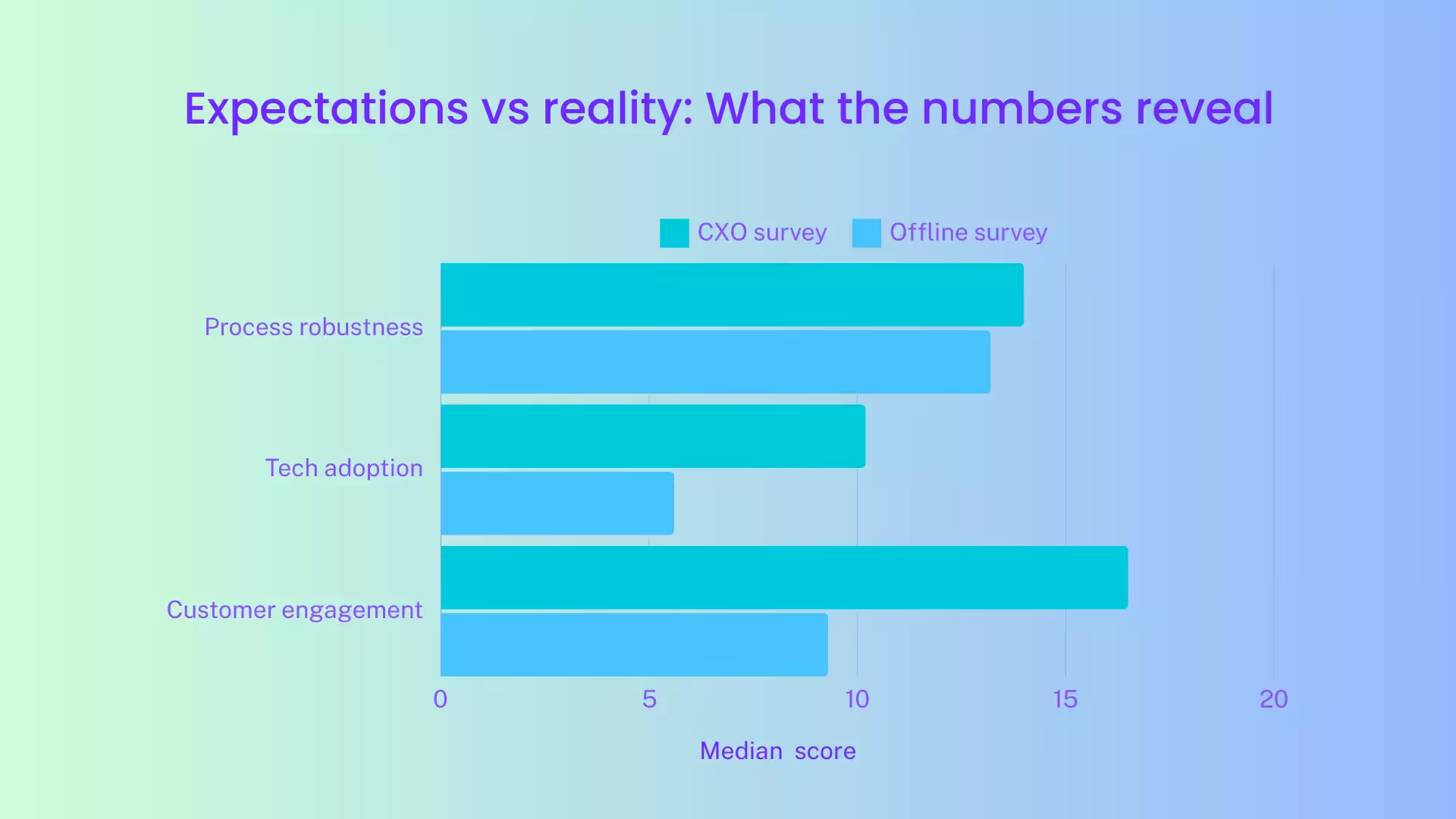
4. Key differences include:
- Tech adoption: While CXOs reported high tech adoption, the ground reality showed that many brands still lack essential technological infrastructure.
- Customer engagement: Despite claims of integrated loyalty programs, actual customer engagement practices were found to be lacking on the ground.
These gaps suggest that while strategies may be in place, execution is falling short, leading to a lower overall omnichannel maturity.
Conclusion
The findings from the India Phygital Index reveal a critical need for brands to bridge the gap between strategic aspirations and operational realities. While CXOs are optimistic about their omnichannel readiness, the ground reality suggests significant room for improvement, particularly in technology adoption and process implementation. Brands must focus on not just planning but also executing their omnichannel strategies effectively to meet consumer expectations and achieve true omnichannel maturity.
How aligned are your ground realities to your brand’s omnichannel expectations and strategies? Check your omnichannel maturity now. For over a decade now, Fynd has helped over 2300+ brands to bridge this gap. Unify your expectations and reality with our unified commerce platform. Speak to our experts for the right solutions for your brand.
Frequently asked questions




























